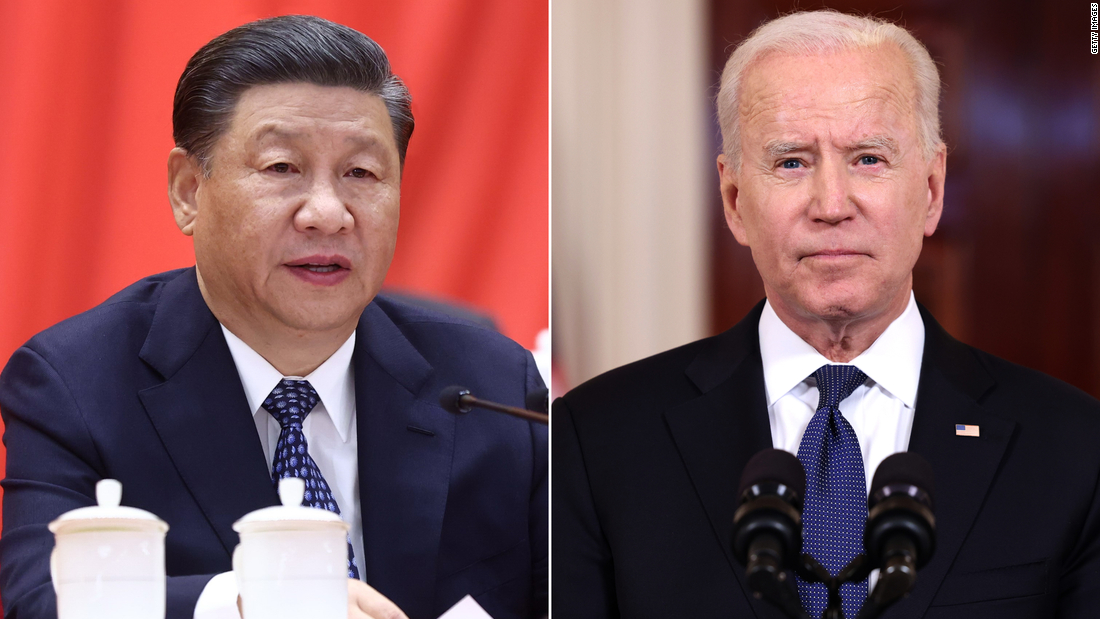What’s in the China competitiveness bill?
The bill has yet to come up for a vote in the House. Here’s what we know about it so far:
Invests in semiconductor manufacturing
Boosting the National Science Foundation, research and development
The legislation would create a new directorate of technology and innovation within the National Science Foundation, a government agency that supports research and education. About $81 billion would be allocated to the National Science Foundation, including $29 billion over five years for the new directorate, which would establish 10 focus areas including artificial intelligence, robotics and biotechnology.
Another $10 billion would go to university technology centers and innovation institutes to conduct research on the key focus areas. The Energy Department would get nearly $17 billion for research and development for energy-related supply chain activities.
Creating regional technology hubs
The bill would provide $10 billion over five years to the Department of Commerce to create regional tech hub programs. A third of the hubs would have to be located in rural areas.
Spurring 5G innovation
The bill would provide $1.5 billion to help spur innovation in advanced wireless technologies.
Buy American requirements
The legislation would requires that the iron, steel, manufactured products and construction materials used in federally funded infrastructure projects is produced in the United States. Currently, some federal projects don’t require the materials to be American-made.
It would require government agencies to offer contracts that last at least two years when buying Personal Protective Equipment, aiming to encourage companies to manufacture those supplies in the United States.
Countering China’s state-directed economic policies
The American business community has long accused China of engaging with unfair trade practices like intellectual property theft and forced technology transfers.
The bill directs the US secretary of state to publish a list of all state-owned enterprises in China that have used either of those tactics. It also takes steps to strengthen America’s partnership with allies in the region, like Japan and Australia, to stop importation of goods made with stolen intellectual property.
The legislation directs the President to use the full range of his authority to impose sanctions against people or entities that have stolen US trade secrets or benefited from such theft, as well as sanctions against foreign entities or people that have supported or engaged in cyberattacks or otherwise undermined US cybersecurity on China’s behalf.
It would create an inter-agency task force to address Chinese market manipulation in the United States and authorize spending to support an independent media in China.
Support space exploration
The legislation would provide some additional funding for NASA, in part to carry out its human landing system program that aims to transport Americans to the moon. It would also extend authorization for the International Space Station through 2030 and direct NASA to come up with a plan to develop space suits ready for deep space exploration.
CNN’s Ali Zaslav contributed reporting.
![]()


